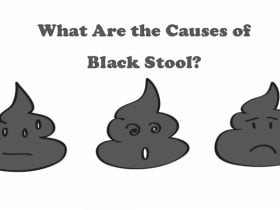What Is Chronic Pain?

It is normal to experience occasional pains and aches in certain parts of your body. In most cases, sudden pain is an imperative response to changes in your nervous system that alerts you. Chronic pain is a form of pain that affects different parts of the body. It usually affects your daily routine and stops you from engaging in activities that you enjoy. Chronic pain can also cause depression or anxiety in some people. However, it is important to note that your lifestyle has a significant effect on how the pain affects your mental and physical life.
Your brain receives pain impulses from an injured area and decodes it. Signals from the brain are then sent to the affected area to carry out the required action. As the injury heals, the pain becomes less severe. However, the experiences for chronic pain are not the same as typical pain. Your body will continuously send pain signals to your brain if you have chronic pain. This usually last for several weeks or years. Chronic pain can reduce your mobility, affect your flexibility, endurance, and strength. This type of pain usually makes it difficult to perform your daily activities and tasks.
Chronic pain is clinically defined as a pain that lasts for more than 12 weeks. The pain usually feels dull or sharp. You may also experience an aching or burning sensation in the injured area. The sensation may be steady or continuous, appearing and disappearing without any pertinent reason. Chronic pain may occur in almost all the parts of your body. The pain may feel different in different areas.
Chronic pain can occur in various forms. Some of the most popular types of chronic pain include:
- Postsurgical pain
- Neurogenic pain (pain that is caused by nerve damage)
- Post-trauma pain [1]
- Lower back pain
- Cancer pain
- Arthritis pain [2]
- Headache [3]
- Psychogenic pain (pain that does not occur due to a nerve damage, injury, or disease)













